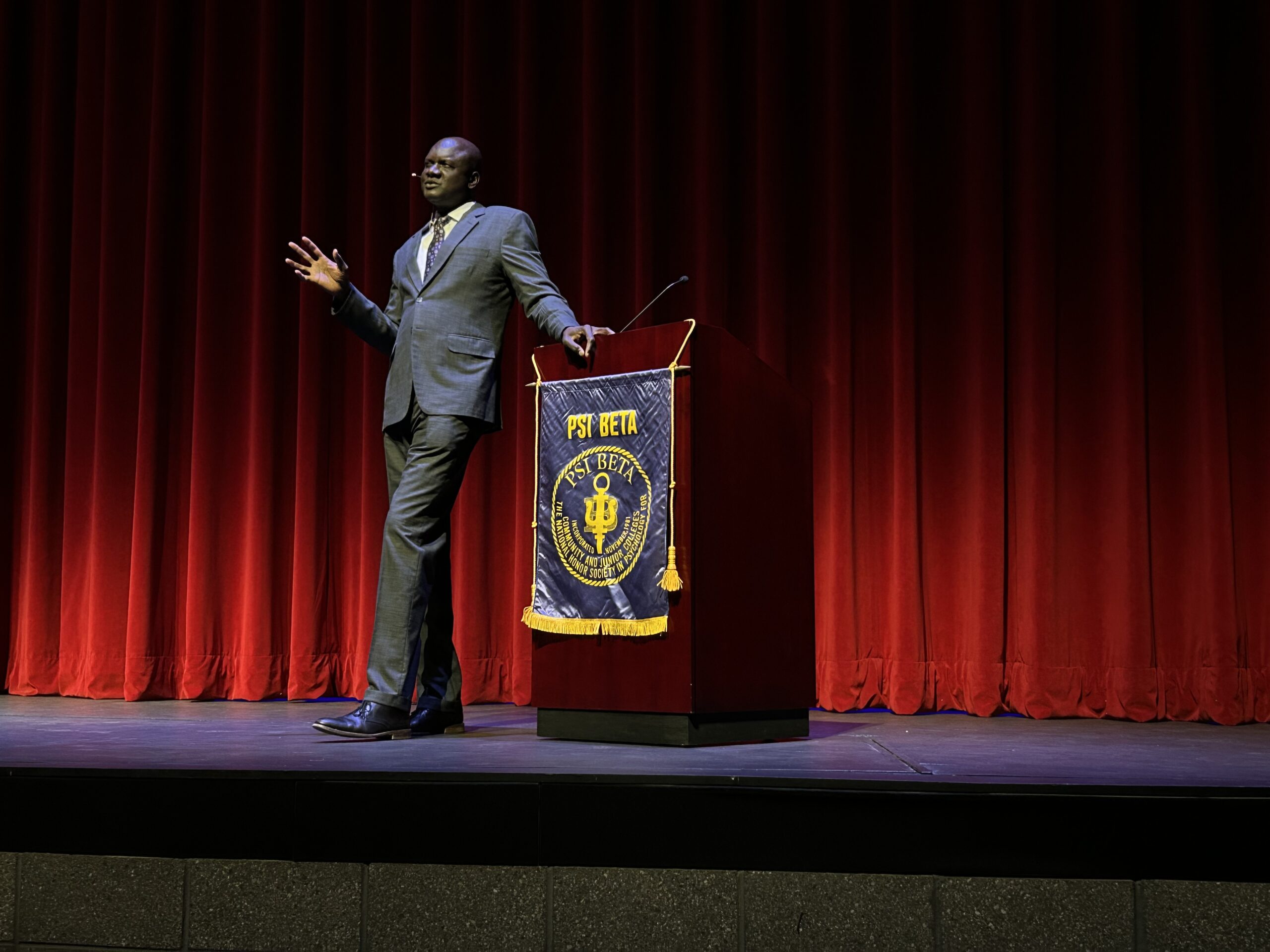Pandora helps decide musical preferences
Patricia Moore
The Music Genome Project is an ambitious attempt to analyze music based on a comprehensive list of attributes and generate a massive database of songs allowing listeners to create a personal radio station customized to their particular taste. The project began on January 6, 2000 by Tim Westergren and is the foundation for the music discovery website Pandora.com.
Using up to 400 different criteria, musicians on staff at Pandora.com spend up to 30 minutes analyzing each song.
Characteristics such as melody, harmony, instrumentation, rhythm, vocals, and lyrics are assigned a rating which helps to map the song’s “genetic” make-up. Rock songs generally have up to 150 elements where rap and jazz typically have between 250 and 300 distinct traits.
According to the founder’s statement on the Pandora website, “It’s not about what a band looks like, or what genre they supposedly belong to, or about who buys their records-it’s about what each individual song sounds like.”
Music lovers can visit www.pandora.com and create a personal station by entering the name of a song or artist. The site’s matchmaking software will then play additional music based on the genome, a term borrowed from genetics, of the original submission.
By using the thumbs up or thumbs down mechanic, listeners can offer feedback on the selections that are played. This mechanic allows the software to develop a more precise profile of the listener’s preferences and consistently play songs that are appealing to his or her tastes.
The project is massive in scope. Westergren employs fifty musicians who analyze the music and another team of music enthusiasts who travel the country looking for local or independent acts. On average, the website adds anywhere from 10 to 12 thousand new songs a month.
Westergren and his company have faced numerous challenges since their start in early 2000. During the dot com crash he and several others went two to three years without taking a salary just to keep the project alive.
Changes in copyright law have forced them to stop broadcasting to international listeners and increases in performance fees and royalties have also had a huge impact.
Although he says, “We are huge believers in respecting copyright and abiding by applicable laws and paying musicians their due,” Westergren admits that royalties are currently a significant challenge for him and other webcasters.
In his most recent blog, he asks listeners to contact their representatives in support of the Webcaster Settlement Act of 2008 (H.R. 7084) which would help webcasters negotiate performance fees and possibly lower the overhead costs of running an internet broadcast.
The Music Genome Project and the Pandora.com website offer a unique way for listeners to discover new music and thanks to the work of Tim Westergren and his staff, new bands and independent artists can be matched with an audience who appreciate their sound.
Despite difficulties, Westegren will continue efforts “As we endeavor to include all the great new stuff coming out of studios, clubs and garages around the world.









